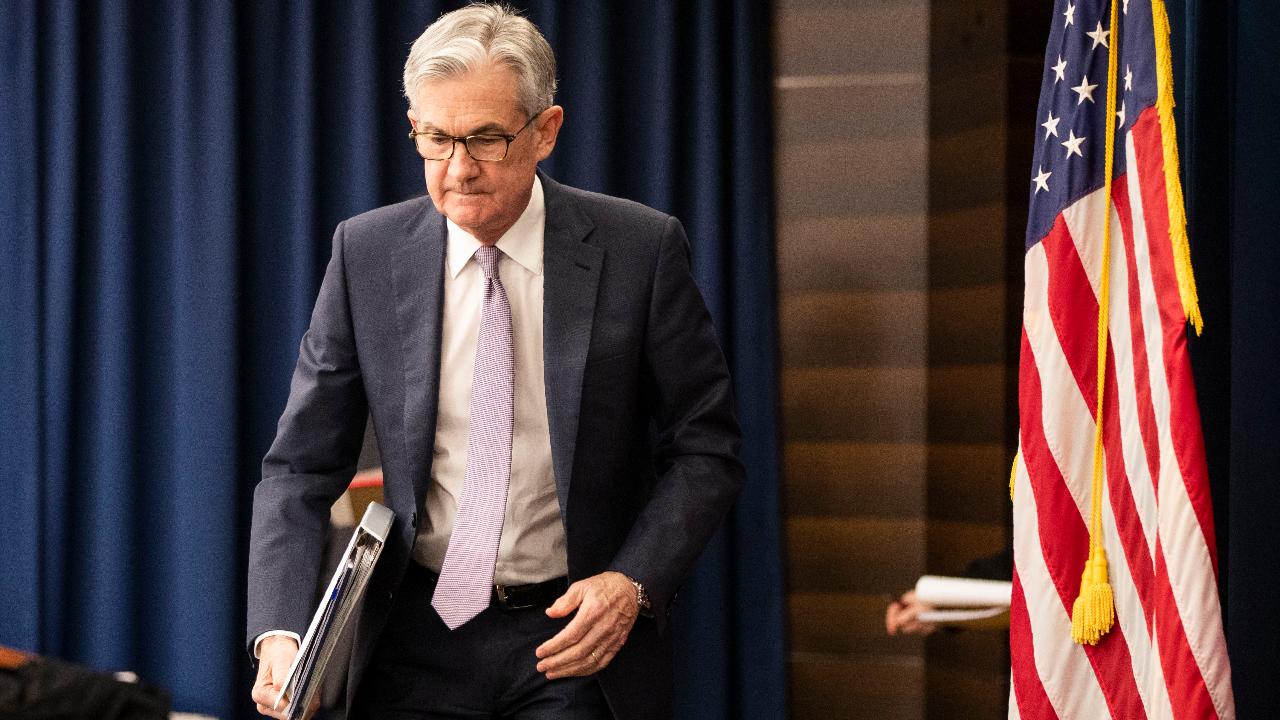Fed's Evan says easing coronavirus stay-at-home policies is a 'bold decision with pretty high risks'
More than half of US states have started to ease stay-at-home guidelines implemented earlier this year
Get all the latest news on coronavirus and more delivered daily to your inbox. Sign up here.
Even as most U.S. states start to roll back restrictions on businesses and residents that were put in place earlier this year to slow the spread of the novel coronavirus, the economic recovery from the unprecedented lockdown will likely still be slow, according to Chicago Federal Reserve Bank President Charles Evans.
Evans said Monday that it's "reasonable" to expect the economy to begin growing in the second half of the year after what's likely to be a historic drop in the second quarter. But he cautioned that a pickup in economic activity will be "slow" at first because of continued social distancing guidelines and other safety precautions.
FED'S POWELL SAYS US ECONOMY MAY NEED MORE SUPPORT FOR RECOVERY TO BE 'ROBUST'
“Social distancing may be needed for quite some time, depending on the success of testing and tracing, depending on the success of testing and tracing," Evans said in prepared remarks for a virtual meeting of the Lansing Chamber of Commerce. "For some, it may even be necessary to keep these arrangements in place until a vaccine is available."
The central bank president noted the likelihood of his baseline outlook of growth in the second half of 2020 is "only a bit higher" than a more pessimistic possibility, which could see a second wave of COVID-19 "necessities reshuttering activity, like in March. Or bankruptcies could be larger and more widespread, leading to further destruction of employment and business relationships. Or some combination of these scenarios and other difficulties could occur."
"Relaxing a stay-at-home policy is a bold decision with pretty high risks, in my opinion," he said.
FED PLEDGES AGGRESSIVE ACTION TO SUPPORT US ECONOMY
The result of the mandated closures has been an economic free fall that experts caution could rival the Great Depression. In the two months since the shutdowns began, more than 33 million Americans filed for unemployment benefits, a stunning sign of the depth of the pain inflicted by the virus outbreak. Economists are increasingly warning of a severe contraction in the second quarter, with some estimates ranging as high as 38 percent.
With some signs the virus has started to plateau in New York, the American epicenter, and a lower-than-projected death toll, President Trump in mid-April unveiled a guide on how states could proceed with reopening their economies, ultimately leaving it up to governors to make the decisions on timing and breadth.
FED'S KASHKARI SAYS 'WORST IS YET TO COME' FOR UNEMPLOYMENT
Several key measures that Trump said should be met include a downward trajectory in confirmed cases of COVID-19, the respiratory illness caused by the virus, over a 14-day period. Public health officials have warned that reopening too early could trigger a resurgence in cases and deaths from the virus.
GET FOX BUSINESS ON THE GO BY CLICKING HERE




















